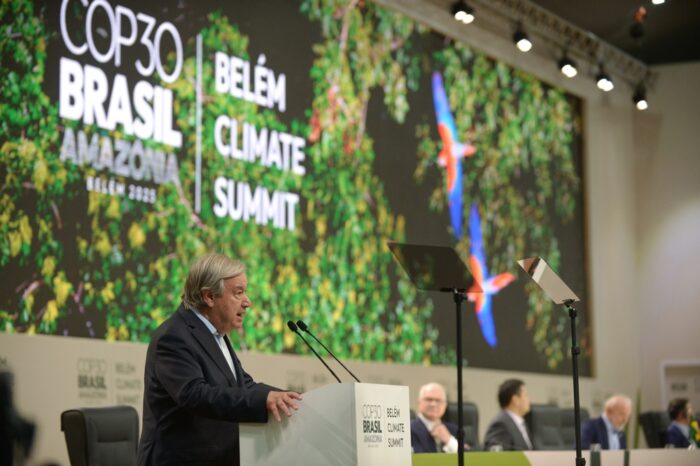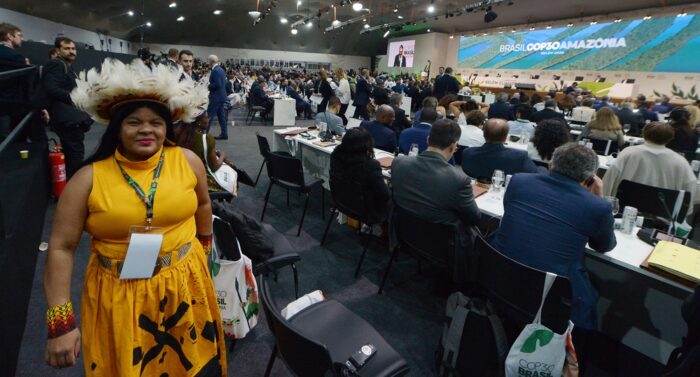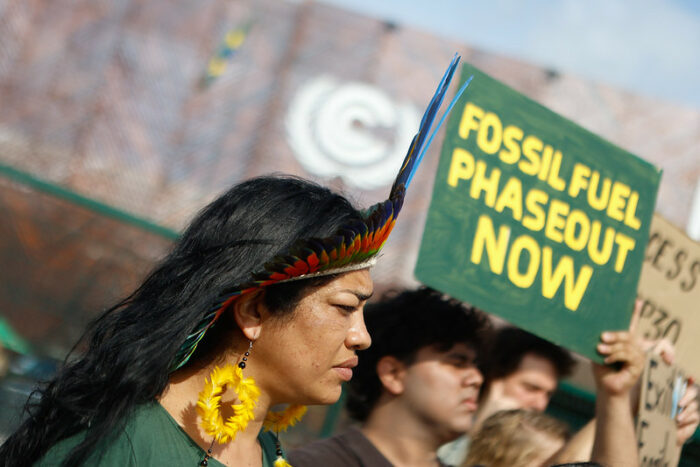The Progressive Post
Taxation in the sky : towards a progressive aviation tax in line with climate justice
«Aviation has a unique fiscal regime » says a report published by the European Commission last June. While the Council of the UE is considering both a revision of the 2003 Energy Taxation Directive and a project of aviation tax, there is space for a renewed and fair fiscal regime. On every regulatory level – be it domestic, european or global, the question is currently being raised. Derogatory precedents can be turned into proactive regulations.
« Some joys, it’s true, are wrong in Heaven’s eyes; Yet Heaven is not averse to compromise. » Molière, Tartuffe, Act IV, Scene 5.
Although it is set to become a major and growing source of greenhouse gas emissions, the aviation sector is targeted by only marginal emissions moderation schemes.To date, no multilateral regulatory framework has resulted in an effective price-signal that may moderate its attractiveness. At the same time, adaptation to climate change suffers froma global funding gap. The creation of a progressive tax on airline tickets is both a relevant source of funding for adaptation to climate change and a vector of climate justice.
“While overall funding for adaptation is insufficient, air transport emissions are exponentially dynamic.”
The Green Climate Fund (2010), main multilateral instrument for financing adaptation to climate change, is insufficiently financed by developed countries. Despite the goal of mobilizing $100 billion a year starting from 2020, the financing shortfall is far from being closed. Its last replenishment conference raised nearly $10 billion for the period 2020-2023.
The volume of global air traffic doubles every 15 years. Air transport could reach 8,2 billion passengers in 2037, compared to 4,1 billion passengers in the world in 2017. It is responsible for about 5% of anthropogenic global warming.[1]Total emissions from air transport are expected to at least triple by 2050.[2]This trend is inconsistent with the Paris Agreement(2015).
Pollution per person and per kilometer taken into account, air transportation is by all means considered the most polluting one. Popular rejections such as ‘Flygskam’ won’t be discussed herein. Airlines already know how critical is their need to make a change. Their own survival is not the only one to be at stake.
“The aviation sector is excluded from international mechanisms aimed atreducinggreenhouse gas emissions.”
International air transport emissions are not covered by the Kyoto Protocol (1997) and the Paris Agreement. Under the Chicago Convention (1944), kerosene can not be subject to international taxation, making it possible to introduce such a tax only at the national level.In 2016, the International Civil Aviation Organizationhas yetset up a tool to limit the sector’s climate impact, the Carbon offsetting and reduction scheme for international aviation (CORSIA). Based on voluntarism, the resulting mechanismseems unable to offset more than 20% of the sector’s emissions.[3]
Given the unlikely possibility to see an european consensus to reshape multilateral provisions, or to get an unanimous agreement on a fiscal provision, realistic alternatives may be national ones. Those could thus contribute to multilateral funding of climate adaptation or mitigation, and pave the way to climate justice.
“There is no legal impediment to a progressive tax borne by airline customers.”
Everyone now understands the inefficiency of purely climatic multilateral mechanisms. We must get out of the “prisoner’s dilemma” that is played out, almost by nature, by the States that are signatories to international agreements. We need relevant, powerful and compulsorylevers. The coalition of national interests is not leading to transformations fast enough. We would have much to gain by entering a phase of mobilizing private interests, our private interests. Not only because we have choice, but also because it allows us to go further in the demand for social justice.
In this respect, an approach based on individual emissionsinstead of national ones could increase the overall volume of aid for climate change adaptation. Two French economists, Lucas Chancel and Thomas Piketty, developed a statistical instrument able to combine income inequalities and CO2 emissions.[4]According to their findings, 10% of the most emitting individualson Earthare responsible for 45% of global emissions. Global emissions are concentrated inthe wealthy classesall around the world.
A tax on airline tickets answers the question of « Who pays what? »in the most equitable way. In the logic of equity, it is no longer a matter of basing climatechange adaptation funding on the contribution of countries, but rather on the contributionof the individuals who emit the most.
“Air transport may stand out as a relatively goodmarker of high income and high CO2emitting life styles. It is generally associated with high livingstandards – at the world level at least – and itgenerally also operates a distinction between differentincome or social groups with the economy/first and business class system. (…) [Such a tax]would reach high-income individuals andhigh emitters. Chancel, Piketty, 2015 – « Carbon and inequality : from Kyoto to Paris »“
Increasing the per-ticket cost on every flight in the world would substantially help adaptation financing. According to Chancel and Piketty’s calculations, taxing all first class plane ticketsup to €180 and all economy class up to €20 would generate €150 billion ($170 billion) for adaptation every year at the global scale. National and international flights could also be differentiated in order to make this contribution even fairer. It could also be adjusted in relation with local purchasing power.
This initiative would be precedented. A progressive tax on flights aimed at financing development schemes, was established after the 2005 Paris Forum on Aid Effectiveness. Initially signed by 30 countries, the tax has been implemented in 9 countries.Its amount varies from €1 to €45 per ticket.It now generates about €200m per year and its revenues financeinternational organizations actingin the field of vaccination and fightagainst epidemics.
Indirect taxation of air travel provides the advantage of financing adaptation funds without involving the most vulnerable populations. Since this tax would apply to all air companies, national or non-national ones, the risk of violation to the competition law is at its lowest.
There is even a debatable impact on tickets pricing, depending on the level of taxation. In such a competitive market, air companies could rather offset the rise on their contracts with airports and service providers such as ground handlers, instead of consumer prices – which could reasonably bear an increase. In an extensive scenario of maximized implementation, a significant cost could lead to the closure of small airports. But adaptation to climate change requires to enhance clean solutions : the income generated by this tax would facilitate the transition from needlessly pollutants small airports to much desired railway interconnexions.
“Aviation is an utopia that is in danger of turning into a symptom”
We now live a crucial opportunity to ‘civilize the threat’. As the so-called war on climate change is unfolding under our latitudes, the ones who grasp that warfare is a logistical challenge will be one step ahead, and therefore able to shape a sustainable future.
Air transport needs to be conceived as a concentrate of our most burning issues. Since we are not equal when it comes to flying, there is a path to significantly reinforce climate justice. As forecasts clearly indicate how massive this source of greenhouse gas emissions could become, we now have a responsibility to tackle this in a concerted manner. A progressive taxation is a simple and a strong answer.
[1]Lee et al, 2009 – Aviation and global climate change in the 21st century.
[2]Lee, 2013 – The impact of the «2020 Carbon Neutral Goal» on aviation CO2radiative forcing and temperature response.
[3]Transport & Environment,2016 – « European and ICAO measures compared – How Europe’s ETS and ICAO’s global measure compare over 2021-2035.
[4]Chancel, Piketty, 2015 – « Carbon and inequality : from Kyoto to Paris ».





